With Curcumin, Ginger and Black Pepper
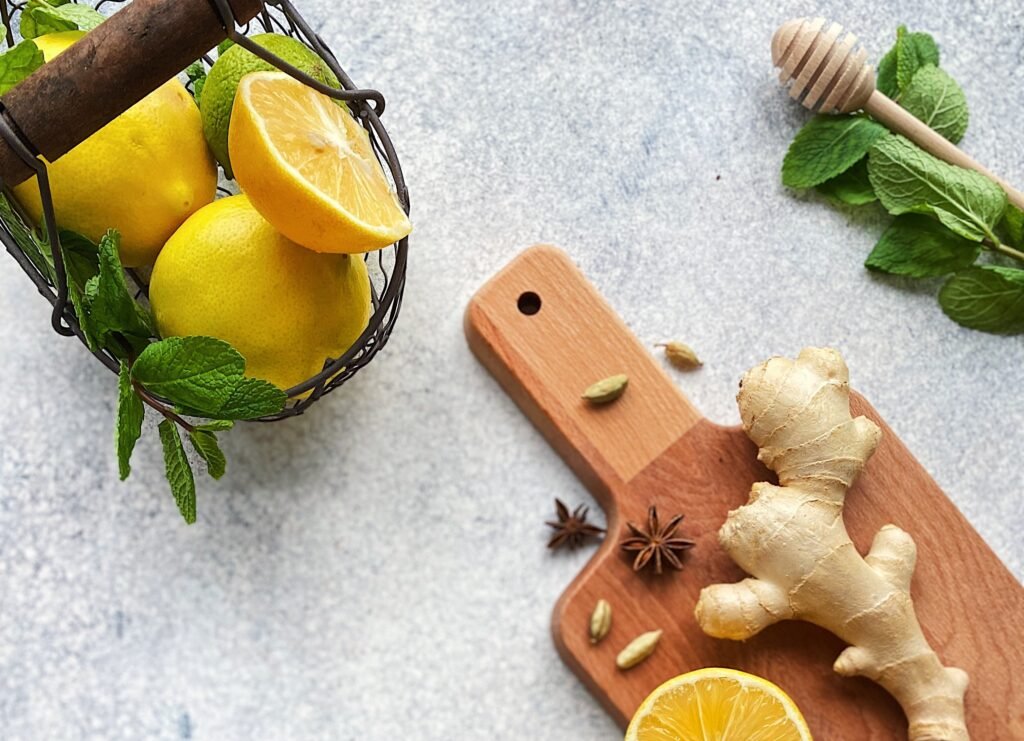
Summary: Taking her swimming teacher’s advice, the author has started adding ginger root, turmeric root, black pepper, and Himalayan sea salt to her morning lemon water. Despite its less-than-pleasant taste, these ingredients boast powerful health benefits, from reducing inflammation and improving insulin sensitivity to enhancing overall health. It’s a challenging but potentially rewarding addition to my routine.
My overwhelmingly-healthy swimming teacher has been coming at me with more healthful, helpful information! So I started taking his recommended lemon water and I’m stomaching it pretty well! But now he has asked me to add three extra magical ingredients… Turmeric root, ginger root and black pepper. I’ve started doing it but I have to say that adding these three ingredients to the lemon water doesn’t exactly improve its taste… It is, in fact, pretty horrible!! Why on earth is he suggesting I do this??
The Health Benefits Of Ginger
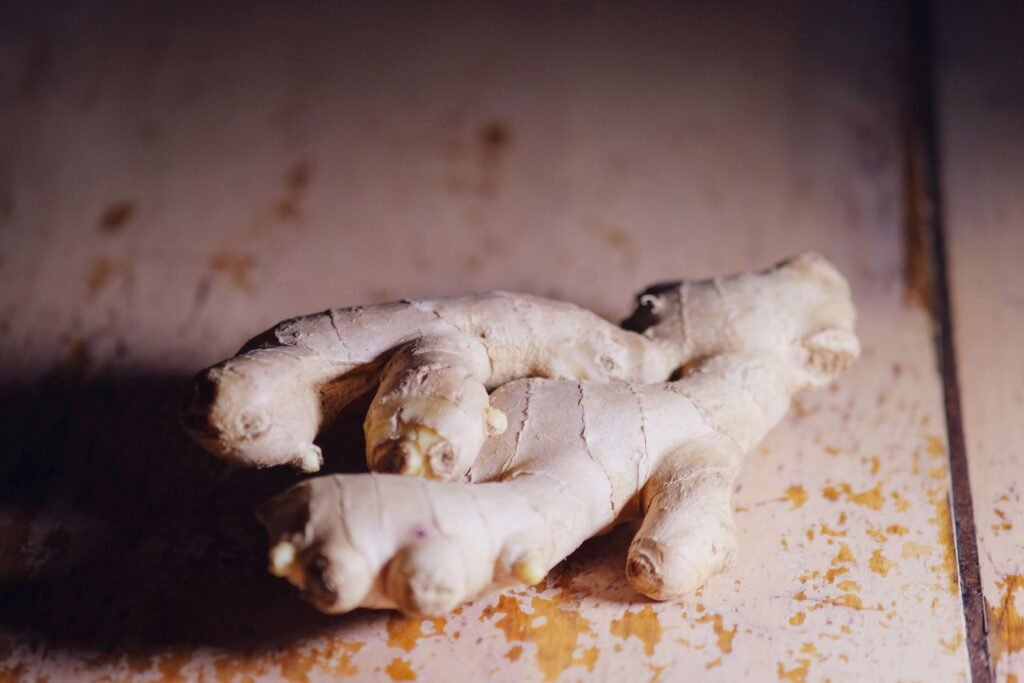
Ginger is a type of flowering plant that originated in Southeast Asia. It has been used for thousands of years in natural medicine to treat a range of health conditions. It is recognised for its anti-inflammatory and antioxidant properties.
A meta-analysis in the journal ‘Food & Nutrition Research’ found that, across a wide range of studies, ginger was found to robustly impact both measures of blood glucose (fasting blood glucose and HbA1c) AND C-Reactive protein.
C-Reactive Protein is a measure of general inflammation in the body. Whilst not necessarily a key measure of diagnosing Type 1 Diabetes, doctors often use the CRP value alongside the fasting blood glucose and HbA1c to confirm a T1D diagnosis. Indeed, this study illustrates the correlation between high inflammation levels and the subsequent diagnosis of T1D.
I believe that reducing the level of inflammation in my body (as measured by CRP) is key to increasing my insulin sensitivity and thereby reducing my need for (any) insulin. Therefore, putting some ginger in my lemon tea each morning looks like it may aid me in this regard.
However, I also noted above that ginger impacts blood glucose levels. It has the ability to lower both fasting glucose and HbA1c (when taken over a period of months). I have been taking ginger for a couple of weeks now and have not noticed dramatic blood-sugar fluctuations but I will continue to keep an eye on this. It is not clear from the scientific literature whether the impact on blood sugar levels happens from the first sip or whether its effect builds up over time.
The Health Benefits Of Curcumin Root
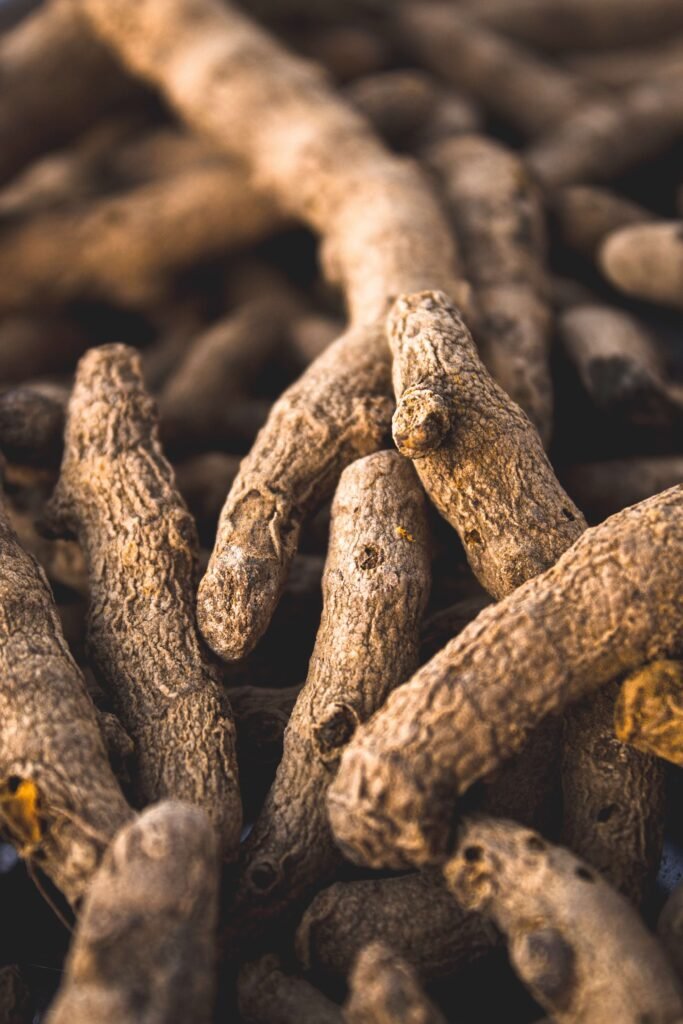
Curcumin is the active ingredient contained in the plant turmeric and makes up about 5-8% of it. Curcumin has been used as a fundamental spice in Ayurvedic medicine for generations. Curcumin has been found to have both antioxidant and anti-inflammatory properties. This meta-analysis found that curcumin effectively lowered markers of inflammation whilst demonstrating no risk of toxicity.
For diabetes specifically, curcumin supplementation has been found to decrease glucose levels and increase insulin sensitivity (here) and HbA1c (here) in rats with induced diabetes that is equivalent to T1D. Moreover, this study conducted on Type 2 diabetics. found that taking 2 grams of turmeric daily for 4 weeks reduced measures of fasting glucose, HbA1c, antioxidant status and inflammation (as measured by high-sensitivity CRP). It was also found to improve measures of HDL and LDL cholesterol, plus the LDL/HDL ratio. In other words, this stuff is good for me!!
Black Pepper: Increasing The Bioavailability Of Curcumin
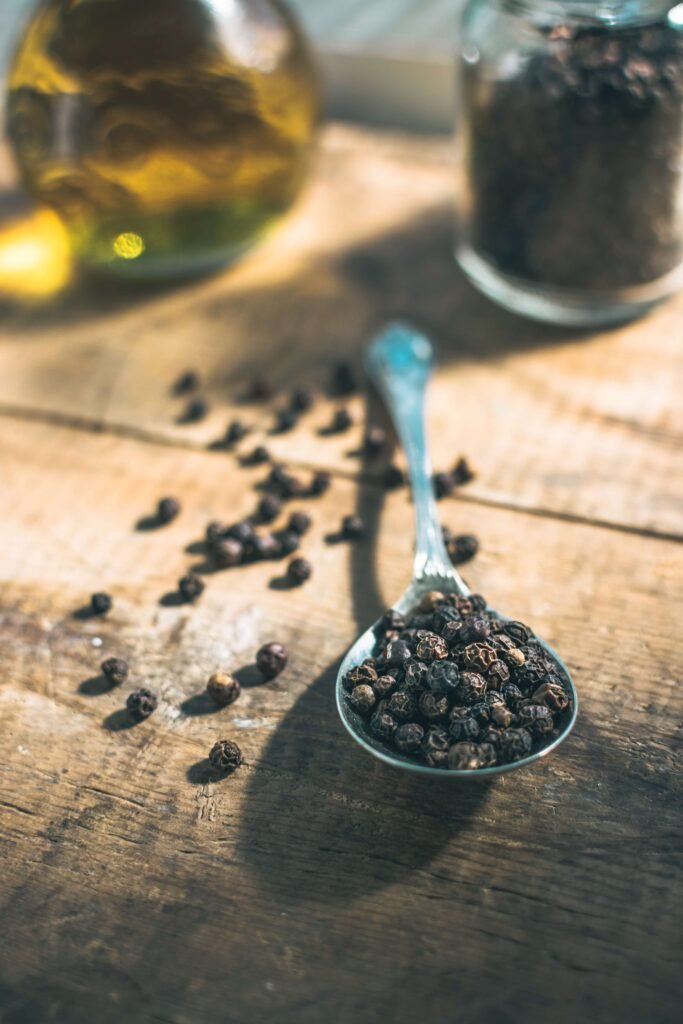
A problem that people can have with taking curcumin is that you need to take a large of amount of turmeric to absorb even a small dose of curcumin since it makes up such a small part of the root. This can lead to stomach upsets for some. Furthermore, curcumin is known for its blood-thinning properties. Therefore, large doses could cause problems with blood coagulation for some (thankfully, this is not a concern for me as I have the opposite situation in my blood – it clots too much!). Is there a way to increase the absorption of curcumin in the body? Yes… Black pepper!
Black pepper contains the organic compound piperine, which is known to inhibit digestion long enough to enable the body to absorb more curcumin. This study found that the addition of piperine to doses of curcumin could increase the absorption by as much as 2000%! This effect was achieved with no adverse effects being noted.
So I will be adding a touch of black pepper to my tea each morning too!
BONUS: Himalayan Sea Salt
As I was reading up on he benefits of lemon water on health, I came across this hugely informative post by Kim Maravich at Calorie Bee on the reasons why adding Himalayan Sea Salt to your lemon water can be fabulous for your health. I guess, now that I’ve got to the point of adding so many other things to my cup, I’ve got no reason to add this too! Particularly when so many health benefits await me by doing so.
Adding The Ingredients To The Lemon Water

Adding the above ingredients to my lemon water is pretty easy. Once the water has boiled and cooled, I just grate up both the ginger and turmeric into the cup (about 1 tsp of each), squeeze in the lemon and add in a small pinch of black pepper and Himalayan sea salt. I leave that to stew fo anywhere up to 30 minutes then sieve the contents into a new mug, free of all the bits floating in it!! Bottoms up!

GET HEALINGT1D’S FUTURE ARTICLES IN YOUR INBOX!
Get the latest musings and findings straight to your email inbox.

Natalie is a blogger with Type 1 Diabetes. Natalie’s special gifts are questioning the status quo and being a rebel. She is using these gifts to question medical ‘knowledge’ and find a true cure for Type 1 Diabetes.
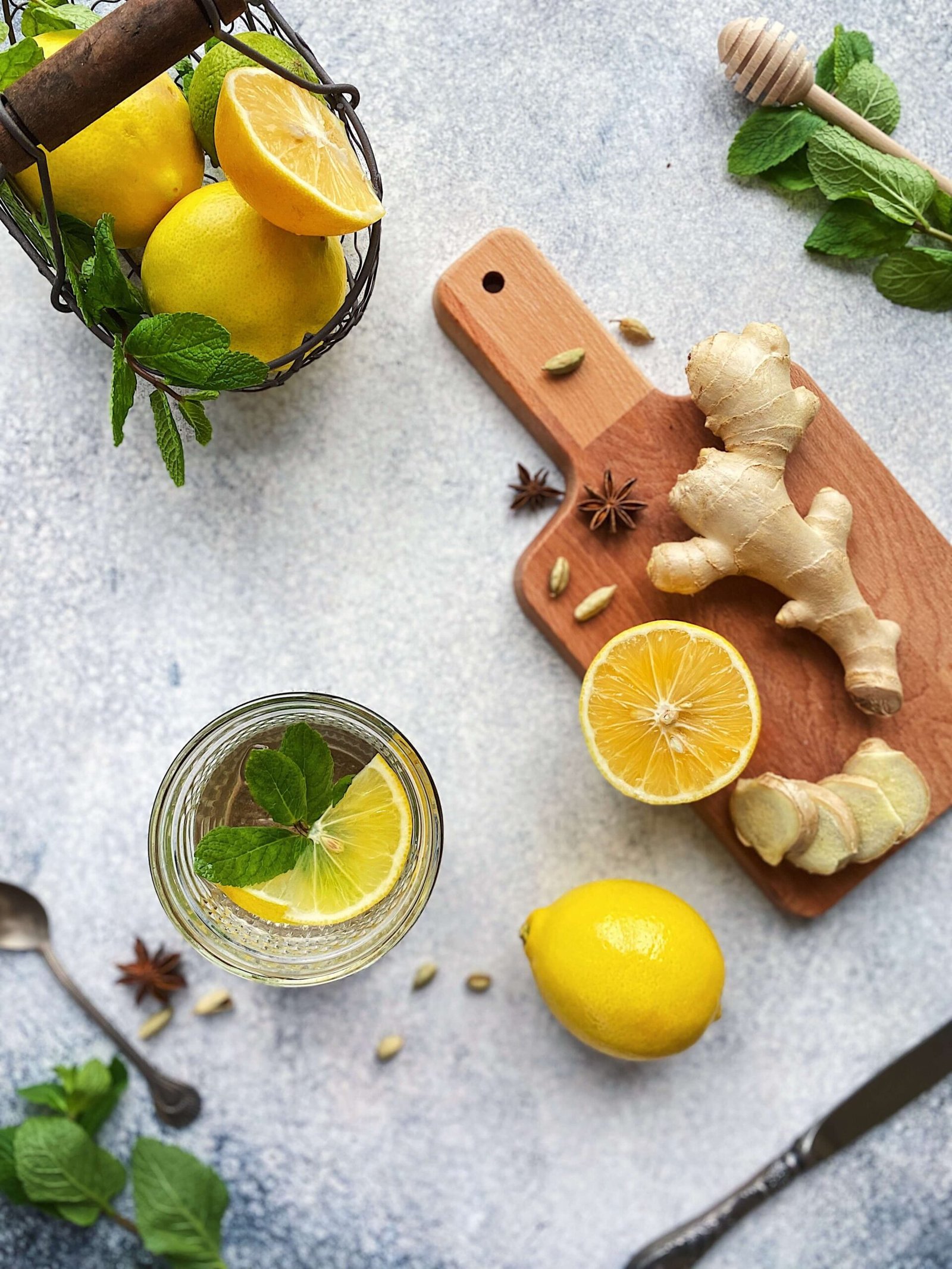
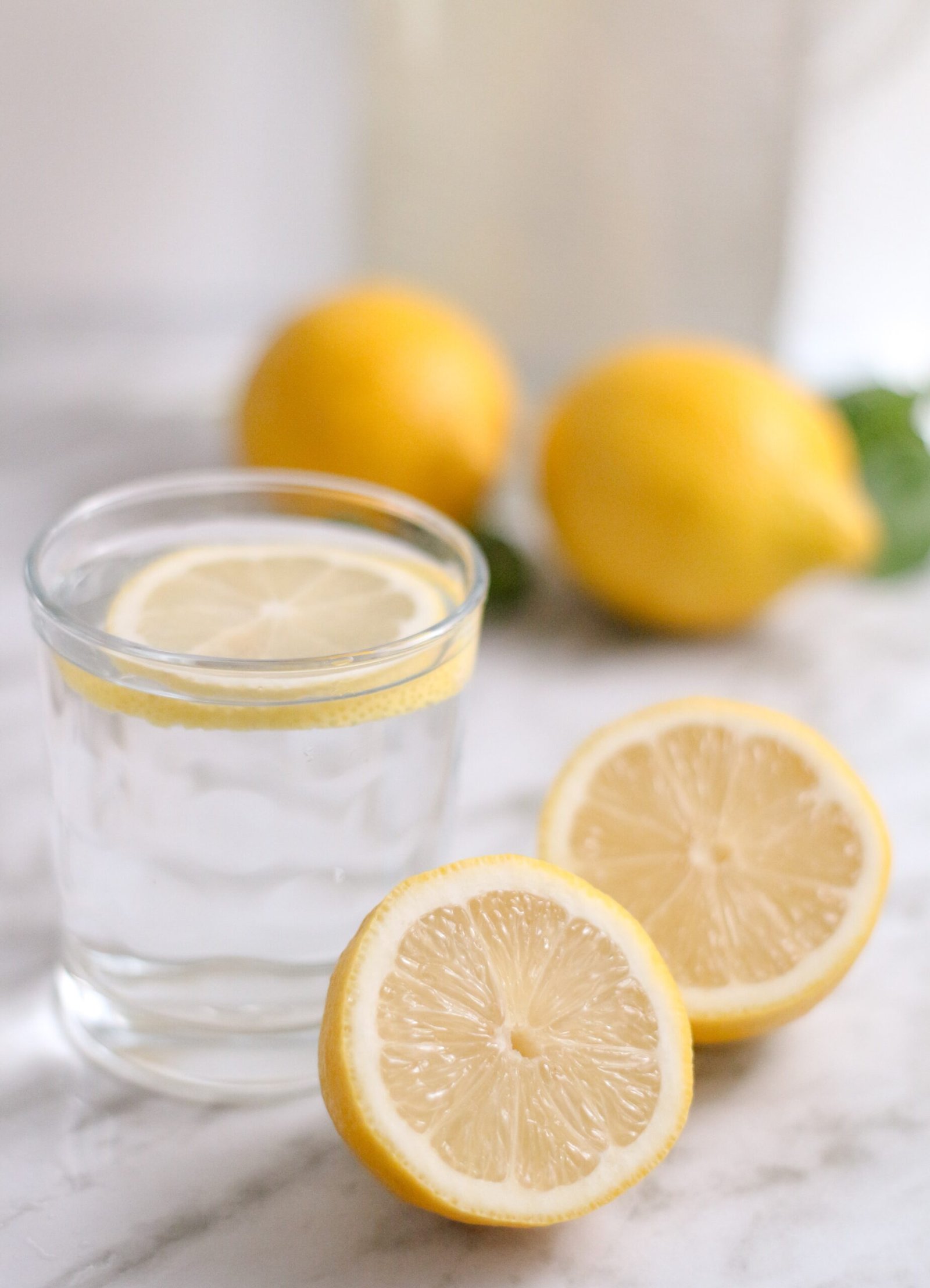
 Every week, I take a swimming class. It helps keep me motivated to actually carry on exercise (that’s a BIG win for me!). My swimming teacher is an incredibly energetic and healthful guy. He is always smiling and genuinely thinks that the world is a beautiful place. Gotta hate him right?? Well, actually… No! It’s impossible to hate someone so lovely!
Every week, I take a swimming class. It helps keep me motivated to actually carry on exercise (that’s a BIG win for me!). My swimming teacher is an incredibly energetic and healthful guy. He is always smiling and genuinely thinks that the world is a beautiful place. Gotta hate him right?? Well, actually… No! It’s impossible to hate someone so lovely!


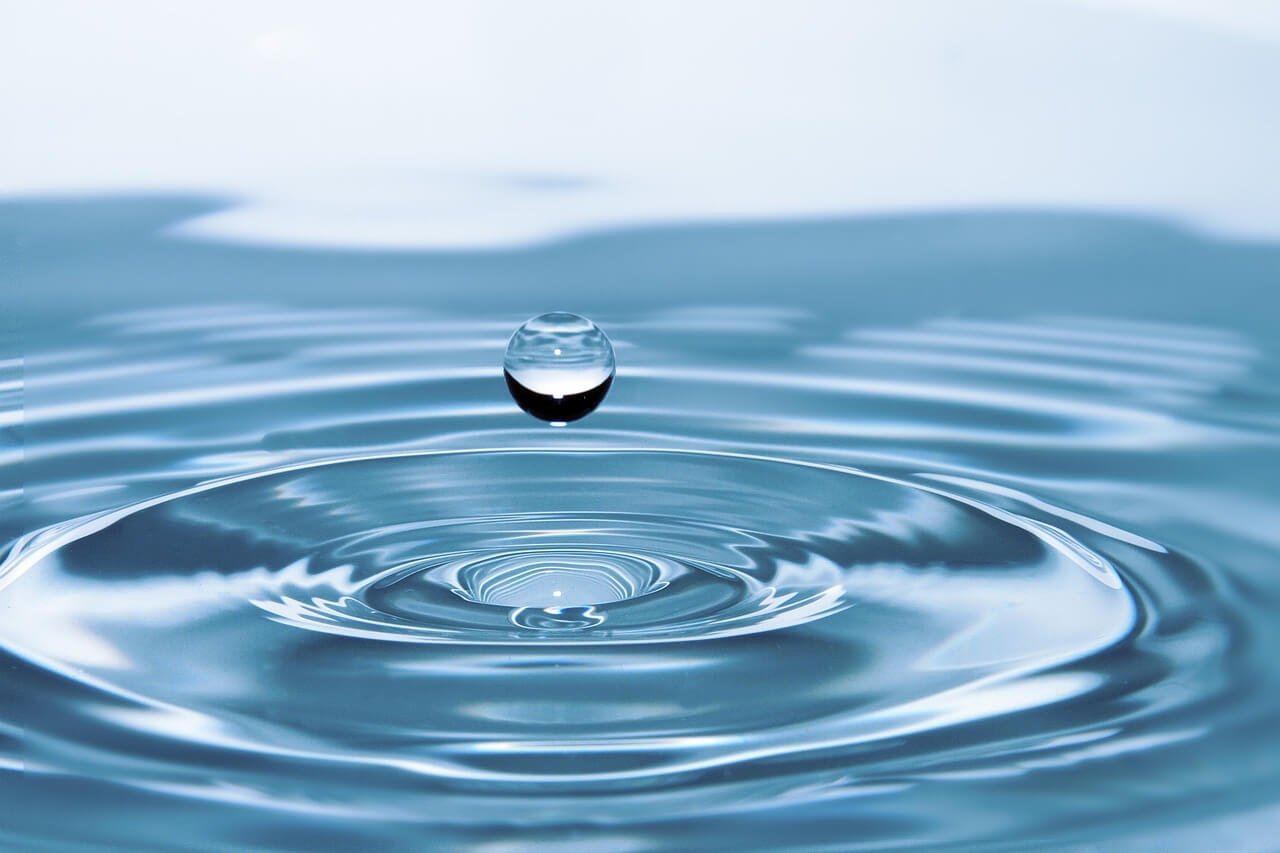
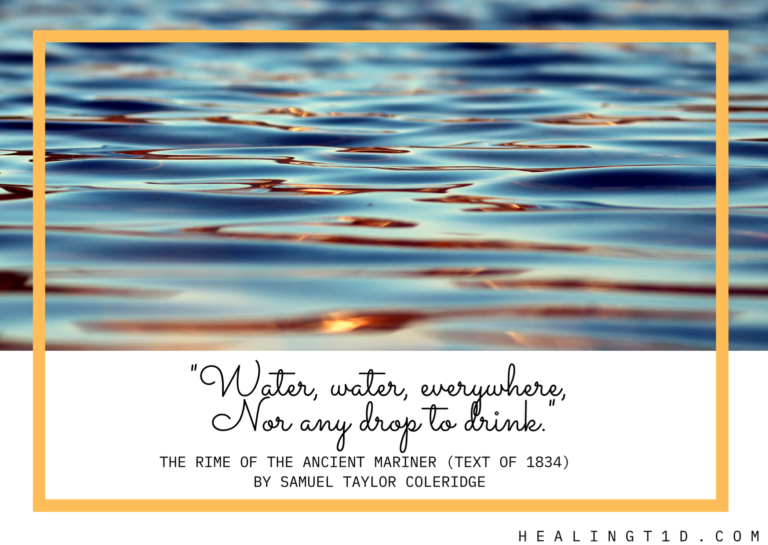

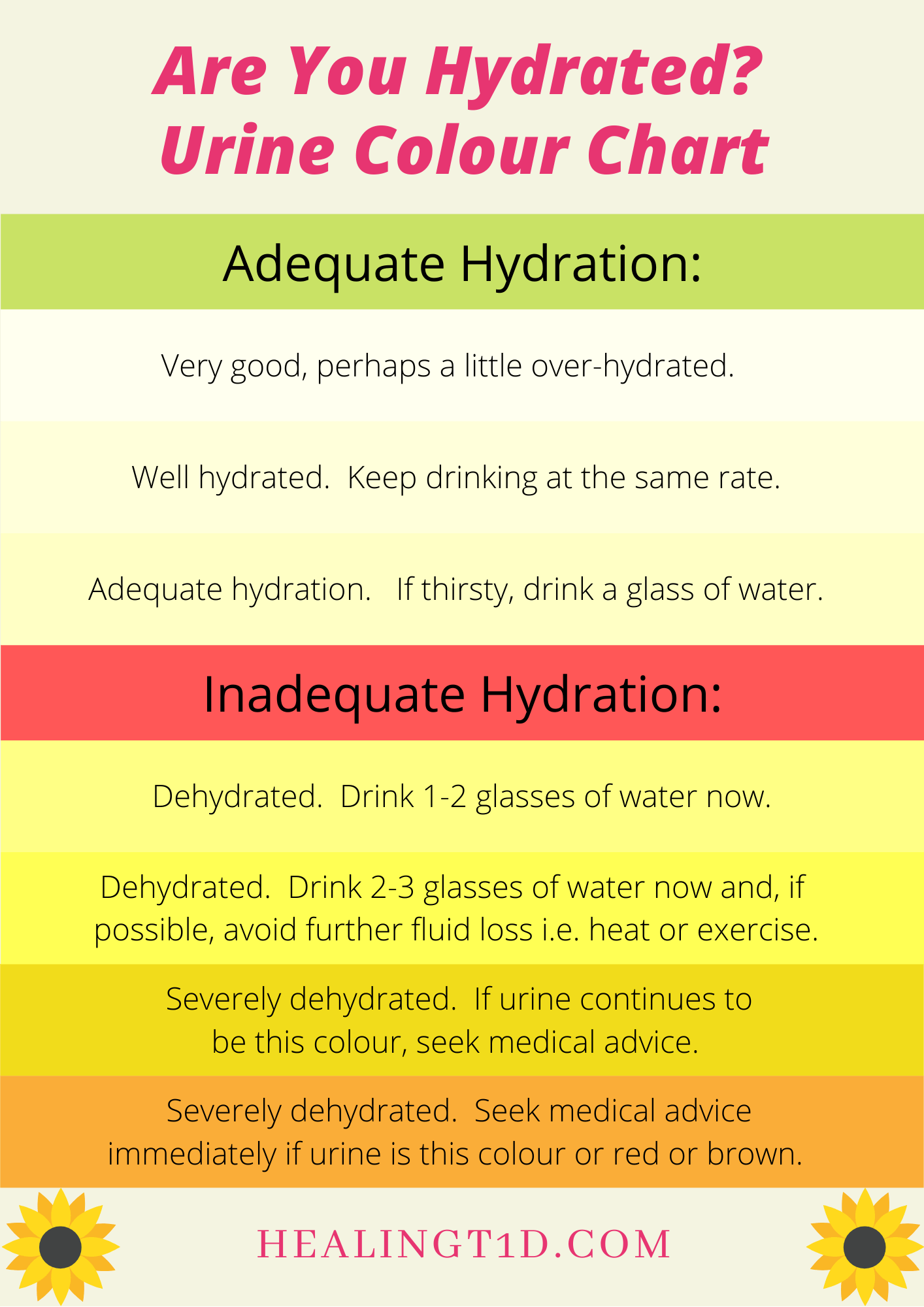
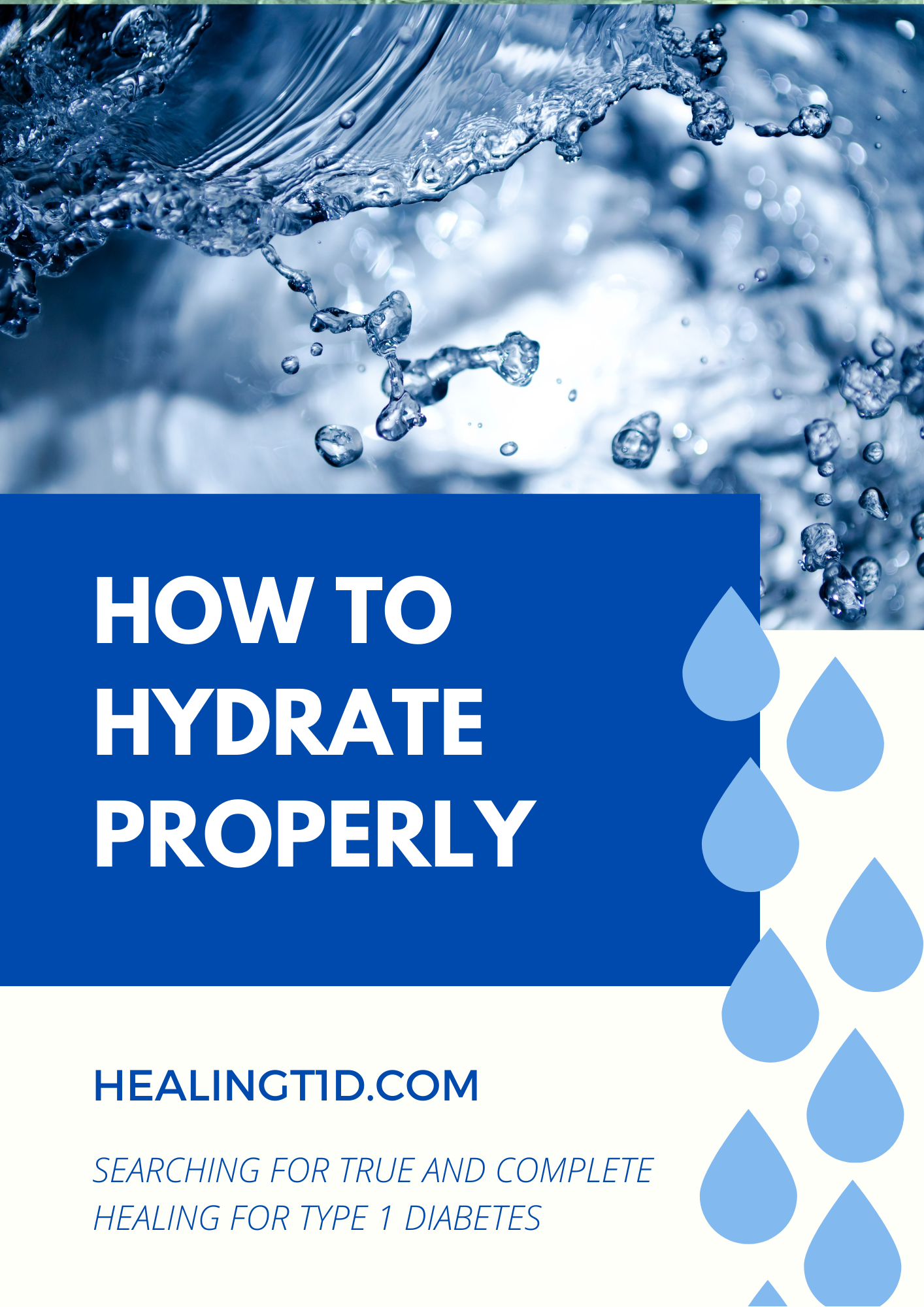



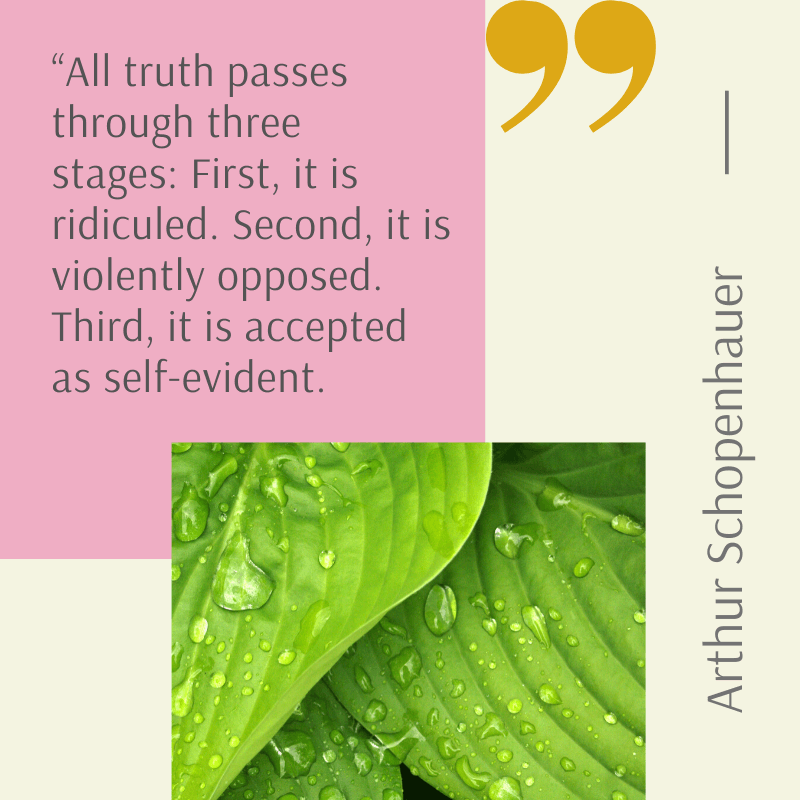

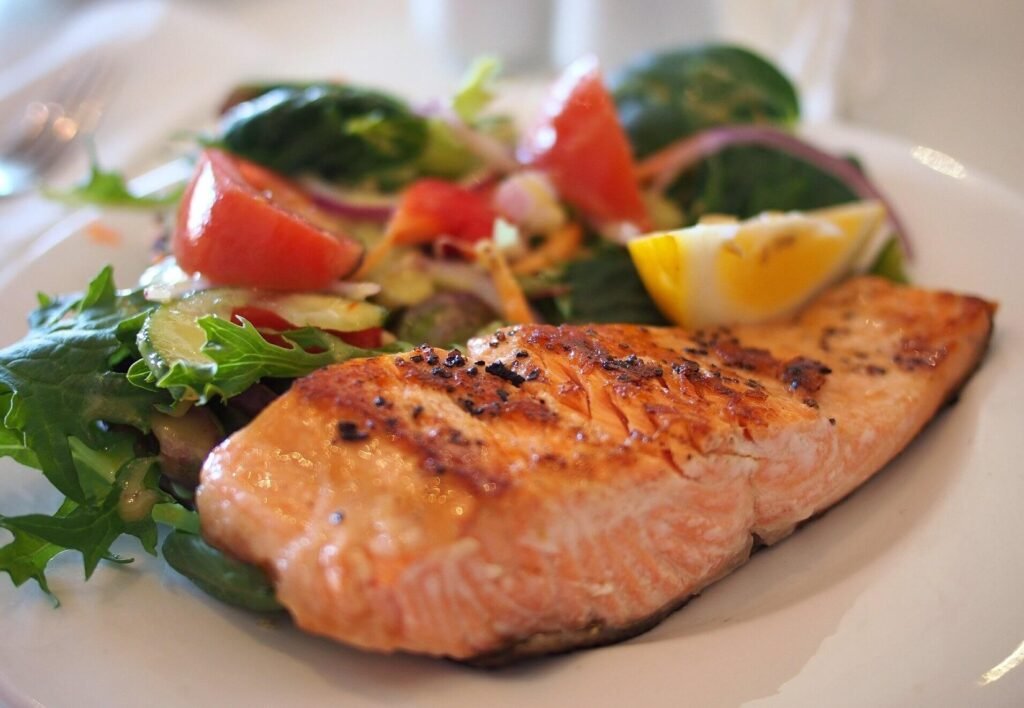
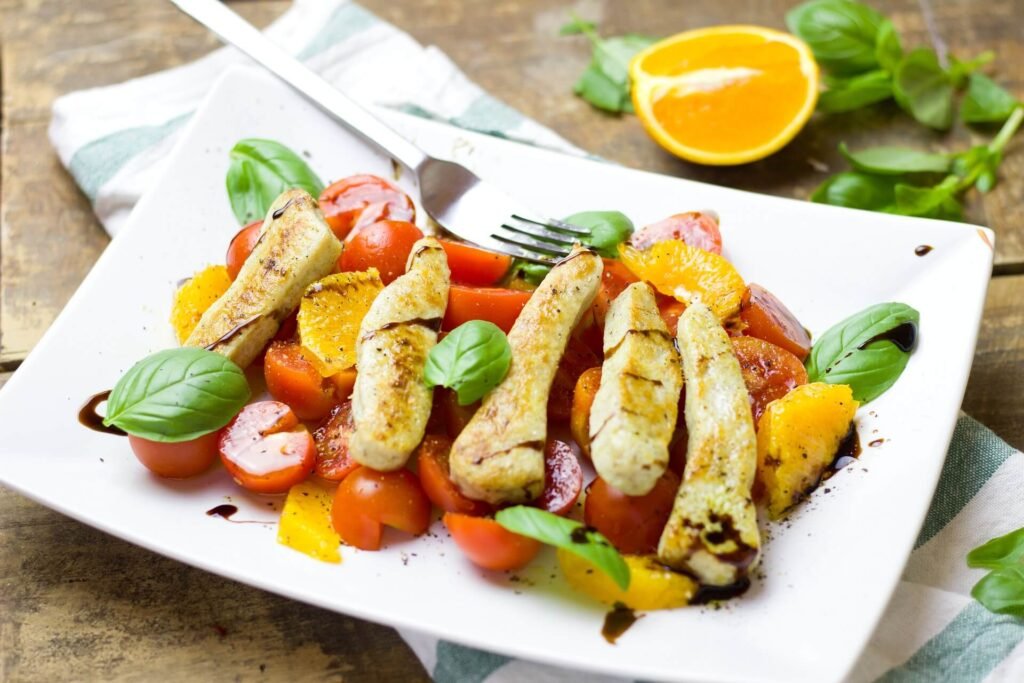
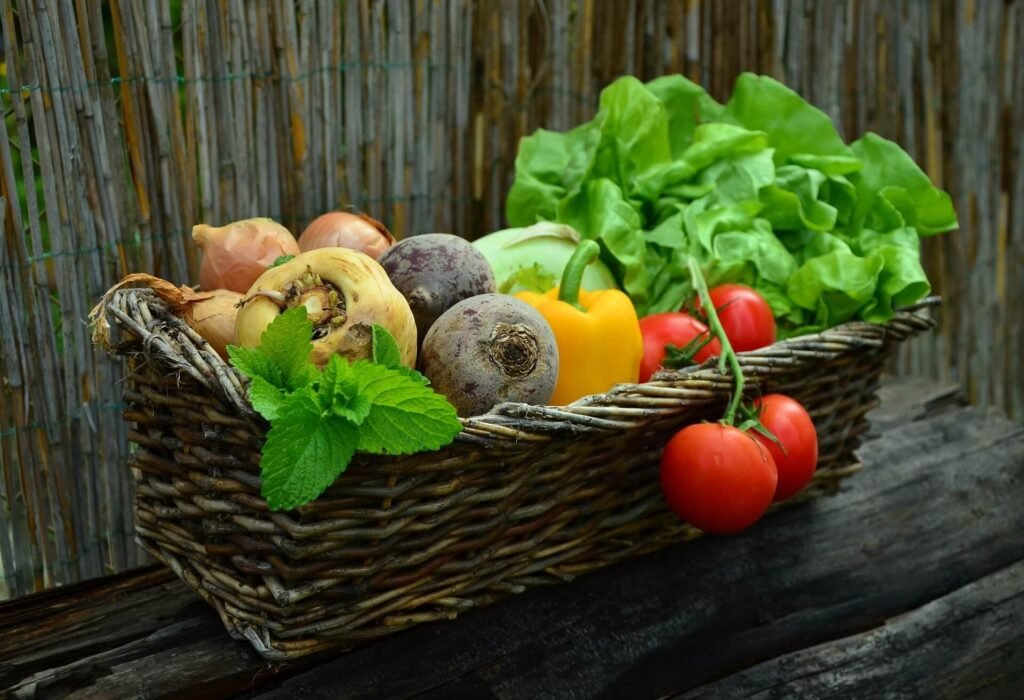

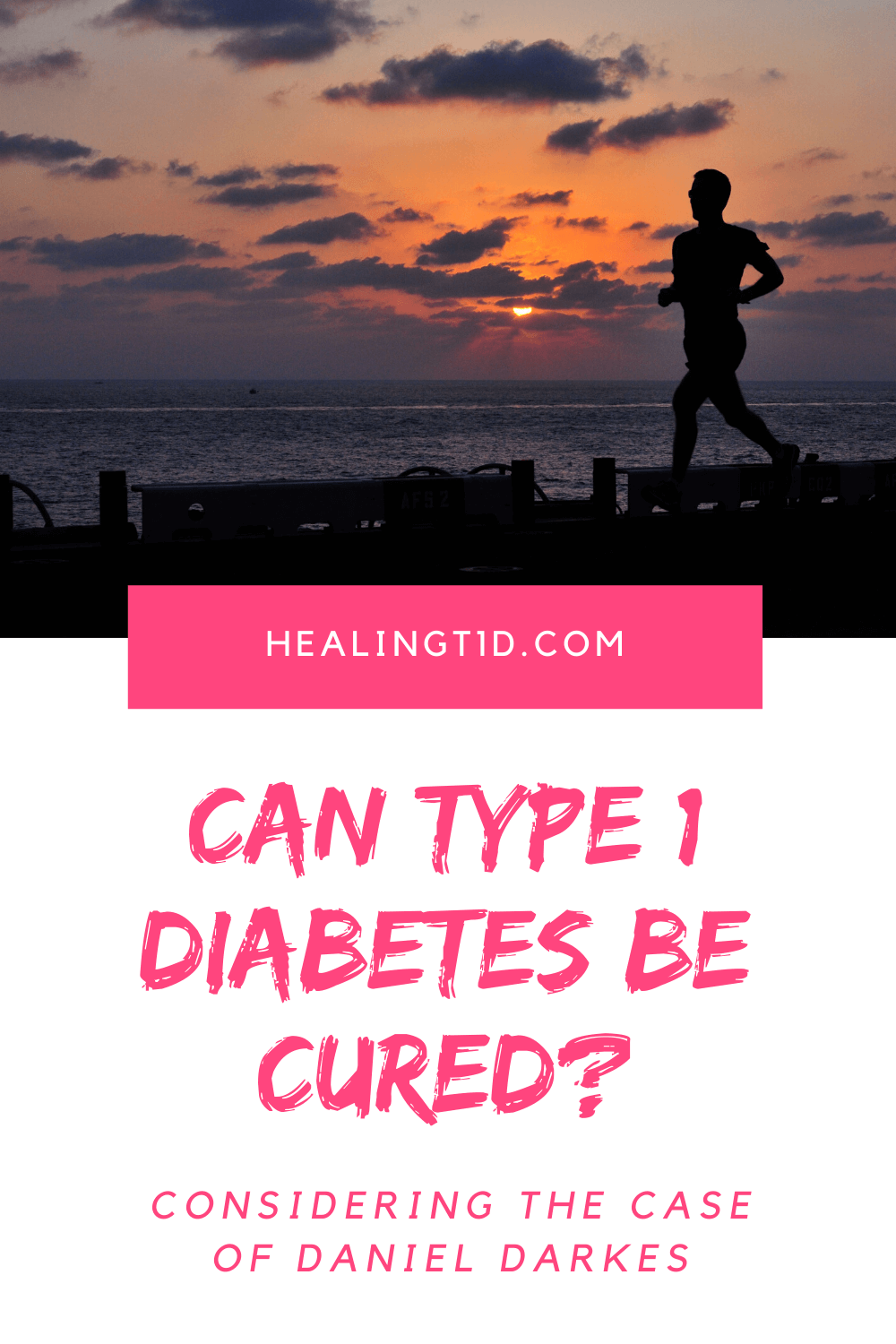

Recent Comments: